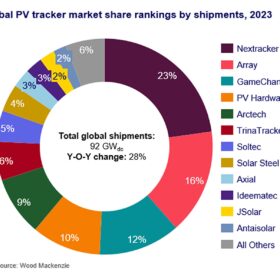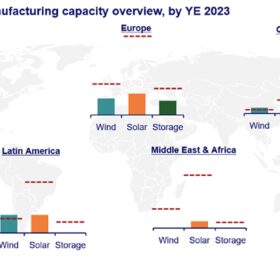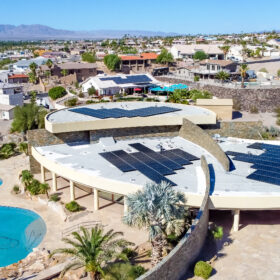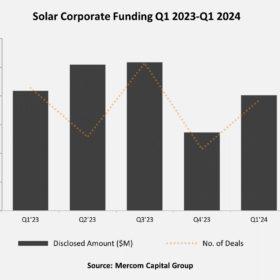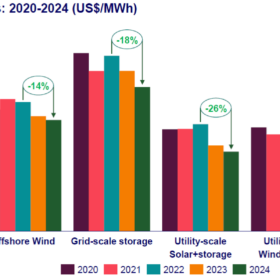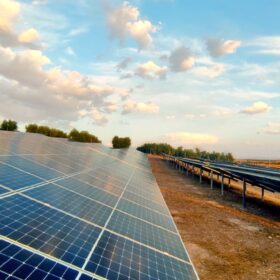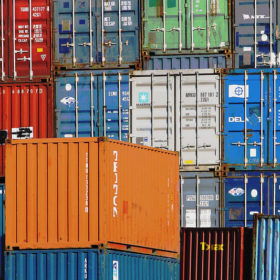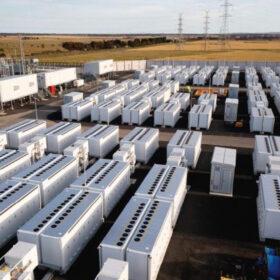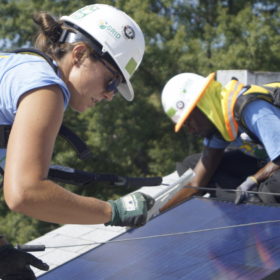WoodMac says global solar tracker shipments grew by 28% in 2023
Global tracker shipments reached 92 GWdc last year, according to WoodMackenzies’ latest report. The US accounted for the majority of the global market, with three US-based manufacturers, Nextracker, Array Technologies and GameChange Solar, ranking as the three largest shippers in the world.
Chinese manufacturers offering prices up to 200% lower, says WoodMac
Wood Mackenzie says in its latest report that low prices and integrated supply chains allow Chinese manufacturers to supply more than 65% of total global demand for renewables equipment, with its exports growing by 35% between 2019 and 2023.
‘We must push back on net billing’
With California’s NEM 3.0 legislation having gutted panel sales and Arizona heading a bevy of other US states preparing to reduce solar-export payments, it’s time the United States solar industry stepped up, for ourselves as well as our customers.
Mercom, WoodMac note challenging PV investment climate in Q1
Mercom Capital Group says that total corporate solar funding, global venture capital funding, public market financing, and PV mergers and acquisitions all fell year on year in the first quarter of 2024. The sector is still grappling with high interest rates, which Wood Mackenzie says is disproportionately affecting renewables projects.
Utility-scale PV cheapest power source in Asia Pacific, says WoodMac
Wood Mackenzie says the levelized cost of electricity (LCOE) in the Asia-Pacific region hit an all-time low in 2023, as utility-scale PV beat coal to become the cheapest power source. It predicts a further drop in costs for new-build solar projects, driven by falling module prices and oversupply from China.
Worldwide PV growth set to slow in 2024
The number of PV installations around the world grew by an annual average of 28% between 2019 and 2023, including a 56% jump from 2022 to 2023, according to Wood Mackenzie. Growth is not expected from 2024 to 2028, however.
Empirical approach shows PV is getting cheaper than all the forecasters expect
With the consistently unambitious forecasts for solar trotted out by entities such as the International Energy Agency (IEA) now a matter of record, a German risk management company has tried to predict more realistic figures for 2030 and beyond.
Northvolt unveils 160 Wh/kg sodium-ion battery
Swedish battery maker Northvolt has developed its first sodium-ion battery in partnership with Uppsala University spinoff Altris. The cell has been validated for an energy density of more than 160 Wh/kg and is designed primarily for energy storage applications.
Transformer shortages: New bottleneck of the energy storage supply chain
Transformer shortages are taking their toll on battery energy storage system (BESS) integrators, as competition in the market intensifies.
Solar dominated US generation capacity additions in H1, says Wood Mackenzie
Wood Mackenzie notes in a new report that solar accounted for 45% of US electricity generation capacity additions in the first half of 2023. It says that it expects 15% annual growth in PV installations through 2028.
